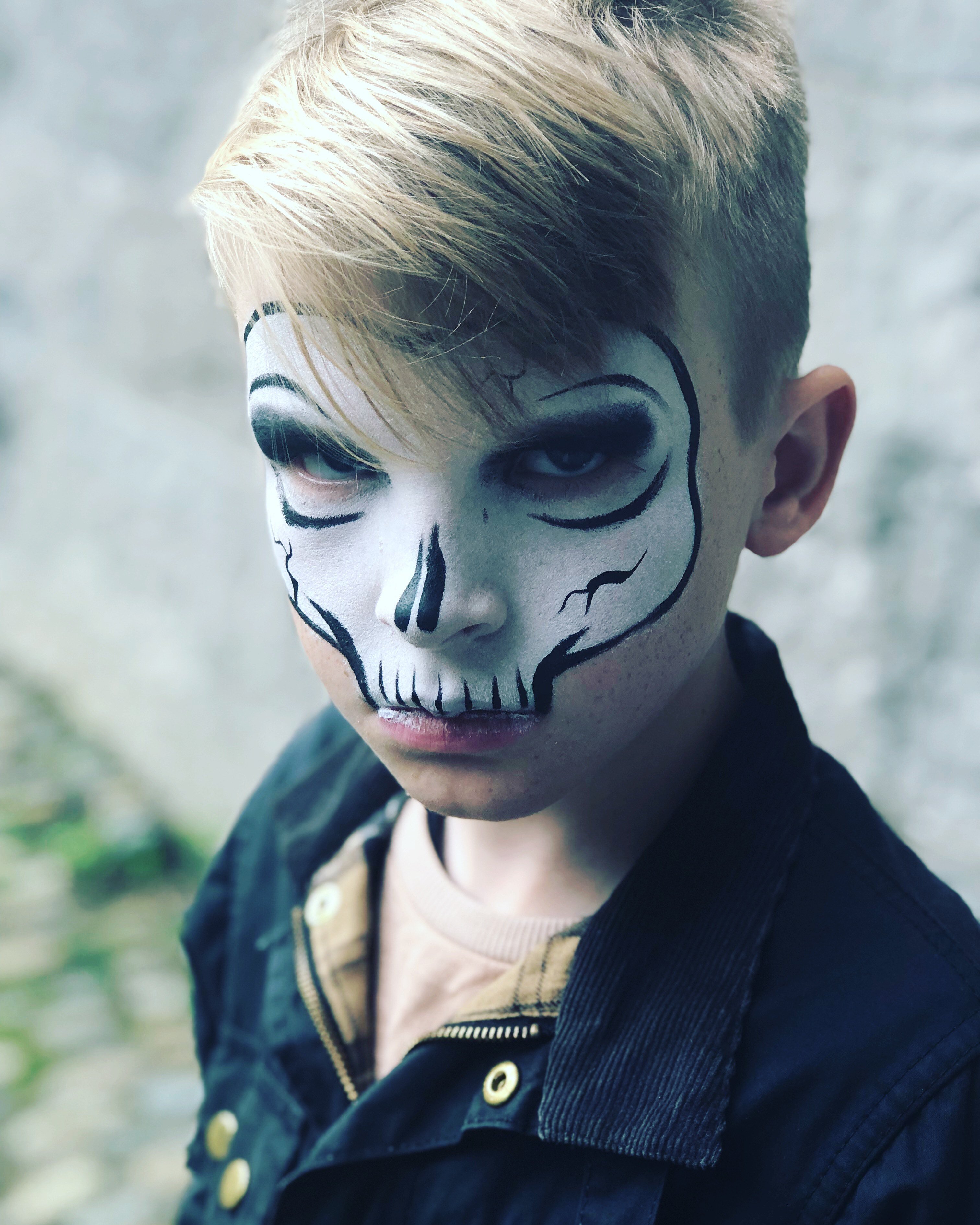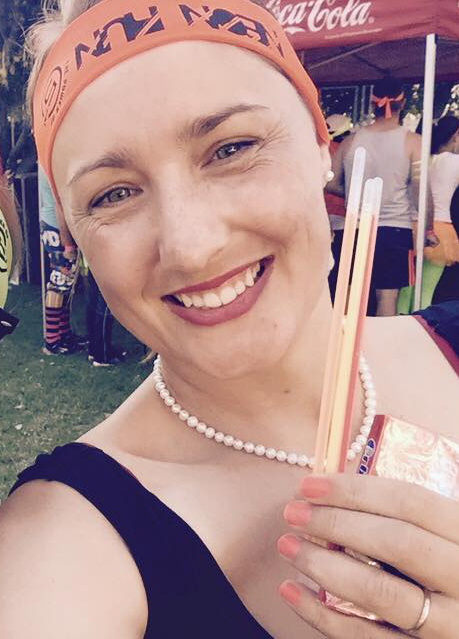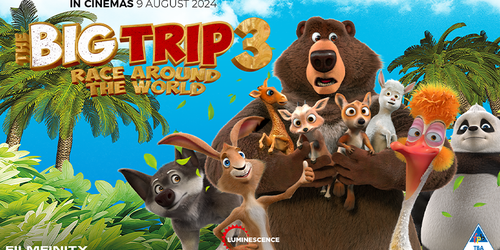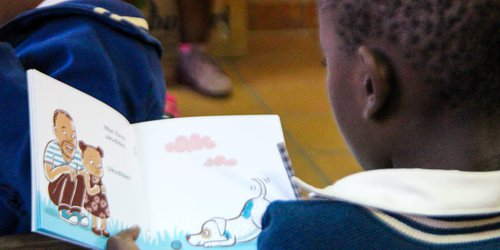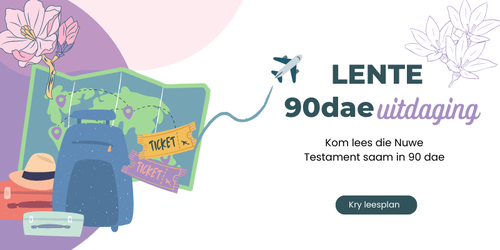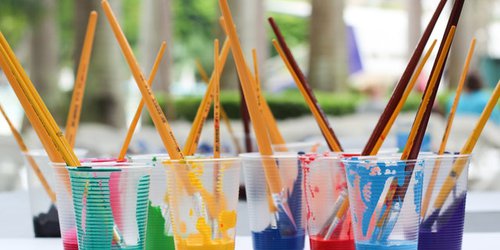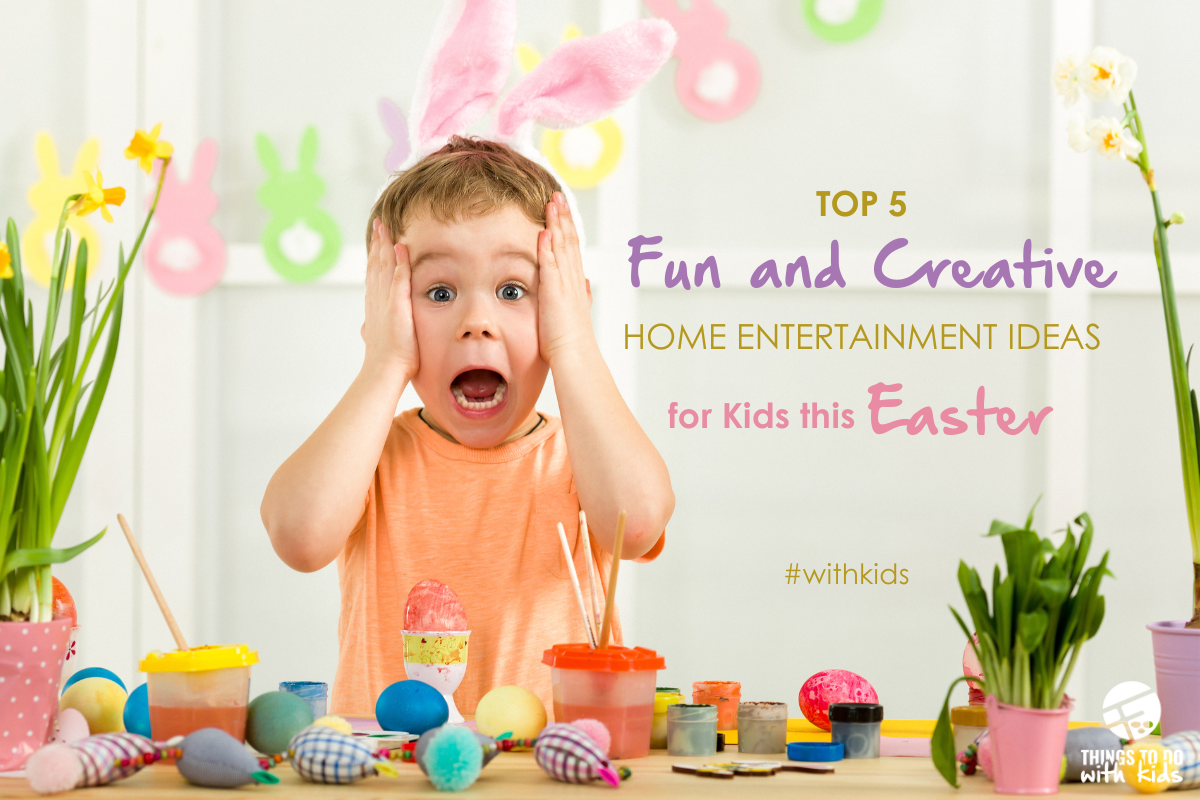Why we don't celebrate Halloween
Why we don’t celebrate Halloween in our house
Halloween was never a tradition we knew or celebrated as young South Africans. But as travel between countries, either virtually or physically, became more common, so did knowledge and traditions also flow between regions. This led more and more South Africans to investigate Halloween and ask if this is a tradition that they would like to incorporate into their lives.
There are a lot of resources on Halloween, but they all seem to communicate the same basic history together with some subjective opinions and speculation. As a quick overview I quote:
“the origins of Halloween can be traced back to ancient Ireland and Scotland around the time of Christ. On Oct. 31st the Celts celebrated the day because it was when animal herders would move their animals into barns and pens and prepare to ride out the winter. This was also the time of the crop harvests. This annual change of season and lifestyle was marked by a festival called Samhain, pronounced 'sow-ane' which means 'end of summer.”
“There was much superstition associated with this time of change, including the belief in fairies and that the spirits of the dead wandered around looking for bodies to inhabit. Since the living did not want to be possessed by spirits, they dressed up in costumes and paraded around the streets making loud noises to confuse and frighten the spirits away. In addition, the new year began for the Celts on Nov. 1. So, the day of Samhain was believed to be a day that was in neither the year past or the year to come. Since it was in between, chaos ruled on that day.”
It seems that our biggest challenge on the topic of Halloween is lack of knowledge and lack of knowledge and wisdom can be detrimental. It seems that back in the days where this tradition began it was strongly linked to superstition and perhaps people joking about the superstitious. As with most “hot topics,” people’s perspectives and thus pictures of the topic differ and peoples value systems vary. One can hope to inspire but at the end of the day, we are all responsible for our own choices. Today I will share my views coming from my value system and my picture of Halloween.
Here are some quick references on the history of halloween if you wish to read more.
The Choices We Make
When I was sixteen years old I worked as a waitress and my path crossed with a guy in the kitchen, somewhere between him returning an empty plate and me taking a burger order out. Even though I cannot remember the full conversation, what I can remember was a teachable moment from a (hot) stranger. He basically said- “there is so much to experience in the world and not enough time to do so in one lifetime. If we know that, why will we choose bad- over good experiences?”
It made so many of my life choices easy. I connected this to another phrase I live by namely “I am free to do anything—but not everything is beneficial. I am free to do anything—but not everything is constructive.” It helped me with simple choices teenagers make like- do you wish to become a smoker? I can smoke but it is not constructive… And so it carried on. As I believe in developing my higher self I aim to choose what I interpret with the knowledge and wisdom at hand as a “good experience” over bad.
When I look at current Halloween celebrations in South Africa this is what I see:
Trick or Treat
“Trick-or-treating is a Halloween ritual custom for children and adults in many countries. Children in costumes travel from house-to-house, asking for treats with the phrase "Trick or treat". The "treat" is usually some form of candy, although in some cultures money is used instead. The "trick" refers to a threat, usually idle, to perform mischief on the homeowners or their property if no treat is given.”
What child wouldn’t want a bag full of candy from strangers? So yes, I can teach my kids to trick or treat, treats are fun, but is the value I then teach constructive?
Dress-Up and Costumes
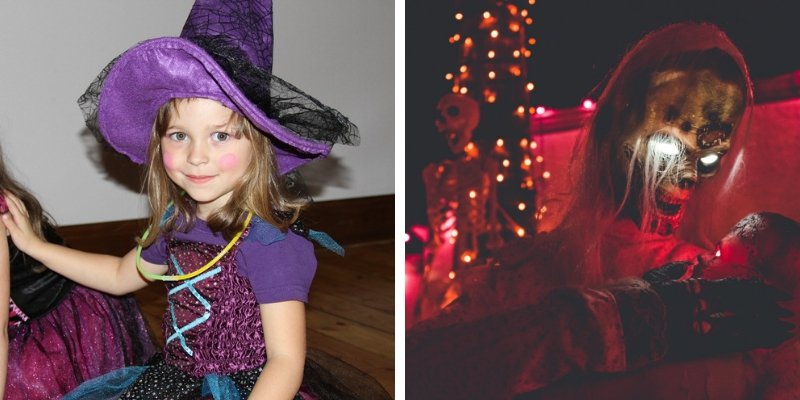
Dressing up is fun! For Halloween kids tend to dress up in costumes like zombies, witches and other creatures true to the tradition: “the spirits of the dead wandered around looking for bodies to inhabit. Since the living did not want to be possessed by spirits, they dressed up in costumes and paraded around the streets making loud noises to confuse and frighten the spirits away”
When dressing up we need to not only understand our picture of the dress up as parents and grandparents but also that of our children. A good place to start will be to ask your child why people are dressing up for Halloween and what are they celebrating? Once you have their answer ask yourself… Is their picture beneficial, it is constructive?
Games and Entertainment
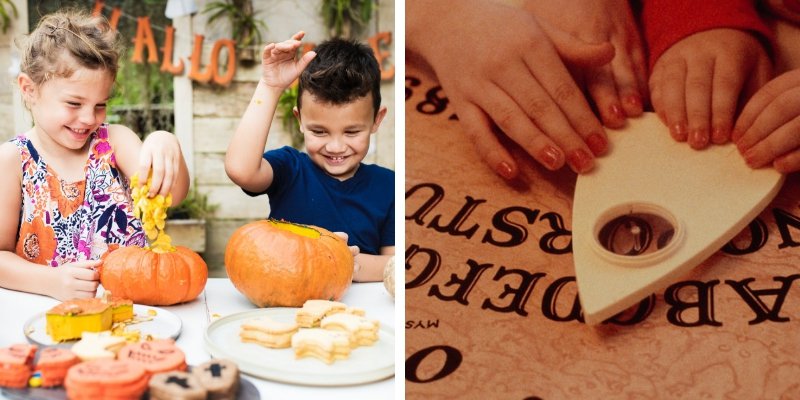
Image credit: Reader's Digest
Games are often where the challenge of Halloween comes in. There are loads of fun, innocent traditional games that can be given a small alteration to fit the theme. What we find in practise, however, is that games, unfortunately, develop a lot as children grow older and go into their teen years.
Now there is no way one can control everything your child does at this age but you can ask yourself what values you will sow in your child so that your child can make an informed choice when it comes to celebrating Halloween as a teen.
Also, remember (and write this down somewhere) that when you send your child to a Halloween party that your/their friends’ perception and picture of Halloween may differ from your families’ interpretation. This is why some people totally rebuke Halloween- because of the strong association of Halloween with witchcraft and occultic practices as well as a fascination with the underworld. Ask yourself how you will help your child to help themselves if they end up in such a situation. That is if witchcraft and occultic practices are against your family values.
Do not let your child fall due to a lack of knowledge.
Fear
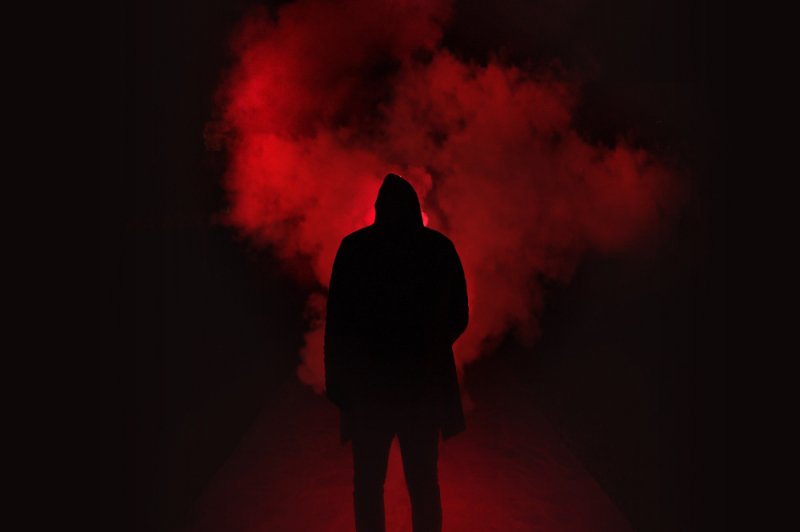
Occupational Therapist, Milanie, wrote an article a while ago about fear and anxiety in kids. She specifically mentioned that the source or roots of fear vary as children develop and grow from babies to teens. What may seem totally bizarre and innocent to an adult may cause real fear in a four-year-old which may lead to anxiety and lack of confidence.
As parents, we must remember that children tend to trust our judgement and opinions. They will walk through fire with enough persuasion from a parent as they are still in their early development years and refer to parents as their mentors. We can open doors they may not have the skill to close yet. These choices need to be evaluated using EQ, IQ and SQ. So before you decide to expose your child to artificially created fearful situations at a young age, just put yourself in their shoes for a moment. And ask if it is worth it. Is it beneficial? Is it constructive?
As for my house, based on our family values, we have decided not to celebrate Halloween.
